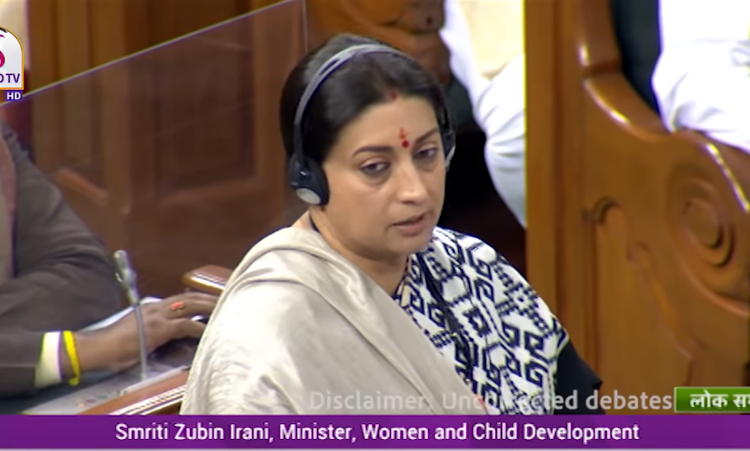The Union Minister for Women and Child Development Smriti Irani introduced in the Lok Sabha today the" Prohibition of Child Marriage (Amendment) Bill, 2021", which seeks to increase the age of marriage for women to 21 years across all religions. The Minister said that the bill will amend the provisions of the Indian Christian Marriage Act 1872, the Parsi Marriage and Divorce Act 1936,...

